February 2, 2022 at 18:50 JST
 A World Heritage Committee meeting in Bonn, Germany, discusses Japan’s nomination for listing of Meiji Industrial Revolution exhibition sites in 2015. (Asahi Shimbun file photo)
A World Heritage Committee meeting in Bonn, Germany, discusses Japan’s nomination for listing of Meiji Industrial Revolution exhibition sites in 2015. (Asahi Shimbun file photo)
The significance of listing a site for UNESCO World Heritage lies in sharing its universal value with the international community for future generations to appreciate.
In Japan’s case, its conduct will come under scrutiny if it fails to abide by a promise it made some years ago to the U.N. organization.
The government has decided to nominate ancient gold and silver mines on the island of Sado in Niigata Prefecture for inclusion in UNESCO’s World Heritage List in 2023.
In its push to nominate the site, the Council for Cultural Affairs cited the high level of traditional mining technology employed in the mines from the 16th to 19th centuries, even as pits elsewhere in the world were undergoing mechanization.
The nomination will be screened by UNESCO prior to registration.
The Kishida administration initially considered forgoing the nomination, anticipating registration problems triggered by South Korean objections on grounds the mines were deeply associated with Japan’s exploitation of forced Korean labor during the colonial era.
But Prime Minister Fumio Kishida had a change of heart after he came under pressure from conservative elements within his Liberal Democratic Party. They included former Prime Minister Shinzo Abe.
The flip-flop also had to do with another dispute with Seoul in 2015 over the designation of the “Sites of the Meiji Industrial Revolution” as a UNESCO World Heritage site. That time, too, Seoul raised the issue of Japanese exploitation of Korean forced labor and a meeting to discuss the issue highlighted differences between the two sides.
Tokyo acknowledged that “there were a large number of Koreans and others who were brought (to Japan) against their will and forced to work under harsh conditions,” and promised to take steps to properly memorialize the victims.
But last year, the UNESCO World Heritage Committee unanimously passed a resolution saying it “strongly regrets” Tokyo’s failure to fully live up to its pledge to disclose more information about the hardships Korean forced laborers faced. The committee demanded that the government submit a report by December on how it planned to rectify the situation.
With the Sado mines, some government officials insist on proceeding with caution because UNESCO’s screening will be focused on forced labor, and this will likely revive the matter of the pledge made by Japan on this issue.
Moreover, recommendations to UNESCO’s Memory of the World had been suspended since 2017 after Japan raised objections to the 2015 registration of the records of the Nanking Massacre and asked that the evaluation procedure be revised. This led to a decision that allows members to block a nomination from registration.
Seeing as it was Japan that pushed for this change, government officials preaching caution understand that Japan would be contradicting itself if it tries to force registration of the Sado mines.
Every World Heritage site has a complex history and gets mixed appraisals. The attitude Japan needs to maintain is to humbly acknowledge the negatives and strive for harmony with fellow UNESCO member nations through multifaceted mutual acceptance of the value of each World Heritage site.
Kishida has said that since this calls for objective and intelligent discourse, he would actively seek the advice of experts from the private sector as well.
And if that is to be really the case, then the “bias” pointed out by private-sector experts at the Meiji Industrial Revolution exhibition sites, must be corrected. The government is not in a position to take UNESCO’s resolution lightly.
At the same time, Tokyo and Seoul need to start a dialogue as soon as possible. Even without the World Heritage site dispute, the partners have a mountain of pending issues to discuss, but any real bilateral talks have yet to materialize under the Kishida government.
The repercussions of bilateral friction are being felt culturally as well as economically.
Shouldn’t reviving their neighborhood diplomacy come before fighting at UNESCO?
--The Asahi Shimbun, Feb. 2


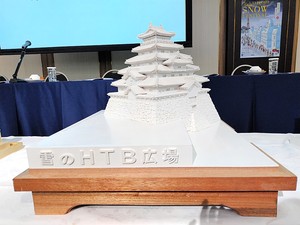
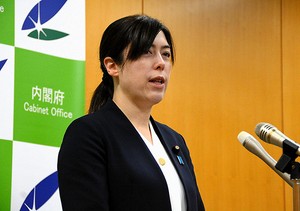

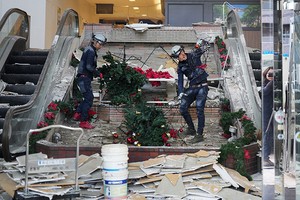
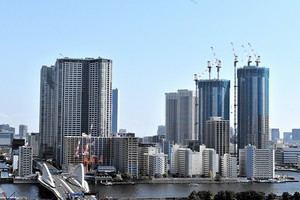

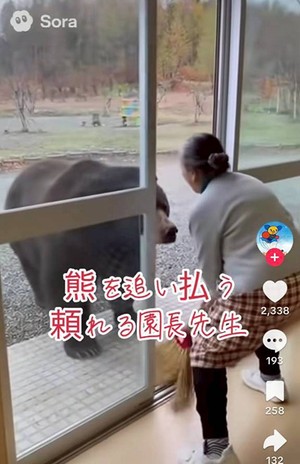
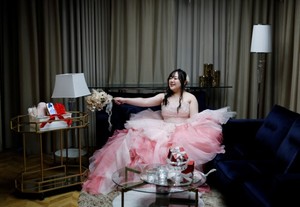










A peek through the music industry’s curtain at the producers who harnessed social media to help their idols go global.
A series based on diplomatic documents declassified by Japan’s Foreign Ministry
Here is a collection of first-hand accounts by “hibakusha” atomic bomb survivors.
Cooking experts, chefs and others involved in the field of food introduce their special recipes intertwined with their paths in life.
A series about Japanese-Americans and their memories of World War II